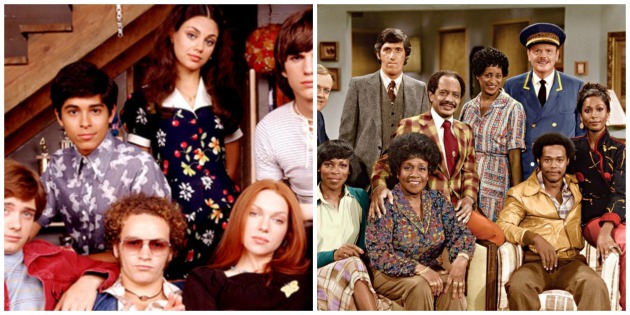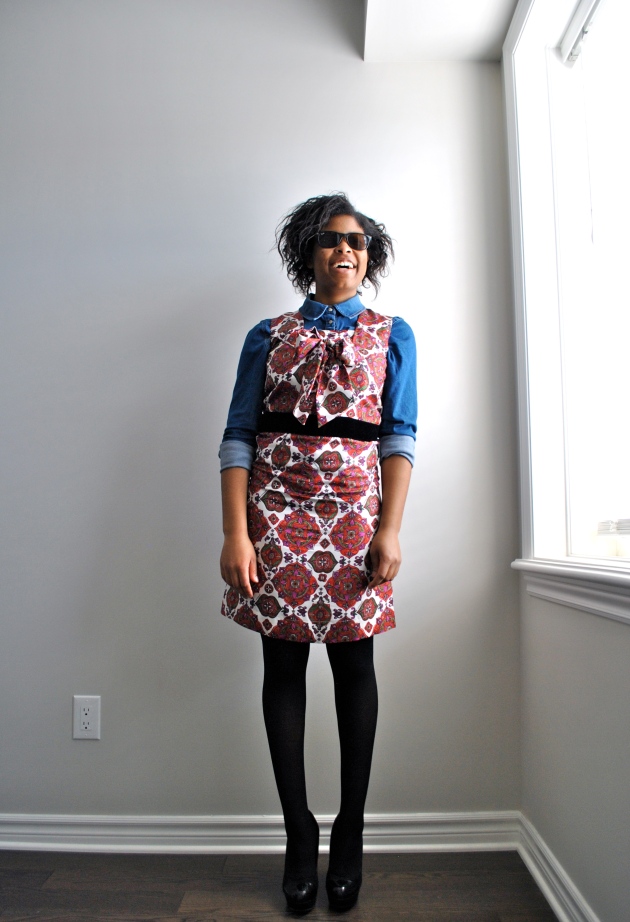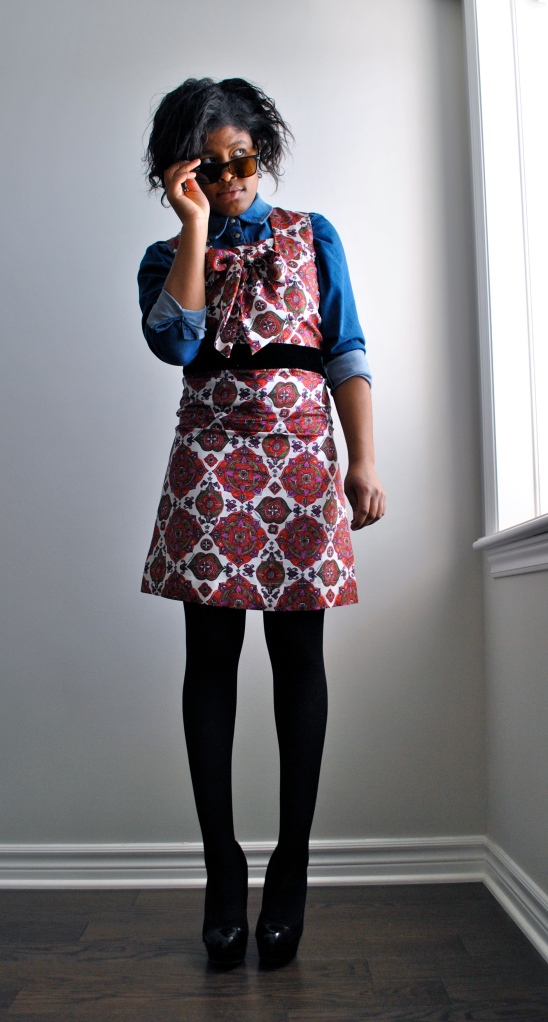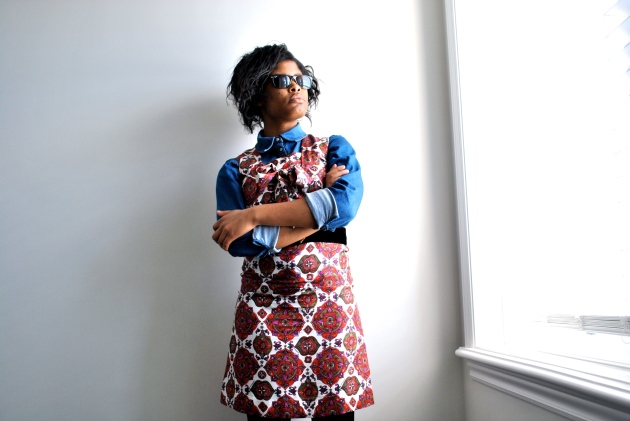

The big chop, transitioning, pre-poo, co-washing, protective styles, twist-out, bantu knots, jojoba oil…there’s an entire vocabulary and untapped community of young, black women dedicated to the pursuit of caring for and keeping their natural, curly, kinky locks. I came across the hidden city of natural hair a few weeks ago, when I made the decision to jump the chemical-straightened-societal-pressure-ship and grow my mane naturally. The pursuit of naturalness has oddly brought some feelings to the surface that I didn’t realize existed. And I find them confusing, so let’s talk it out…
I grew up in rural Canada. My brother and I were the only black rugrats on the block, in our elementary and high schools, and among our extended Canadian family. I had no black friends growing up and wouldn’t land any until late into university. My experiences with black people only involved what I saw on TV and visits to the hairdresser’s. The latter made me MOST uncomfortable. I didn’t identify as black and all the black people at the salon knew it. I was a fraud. Thumbing through the hair style magazines while waiting for my appointment, an abundance of wigs, weaves and braids…oh my! The “natural” hairstyles consisted of dreads entwined with puka shells�—their models wore African tribal prints and deep burgundy lipstick. As a 12-year-old growing up in rural Ottawa, Canada, I didn’t identify with these people. These people didn’t look like me and I sure as heck didn’t want to look like them. I wanted straight hair; like my friends, like the better-dressed women and black celebrities in the hairstyle magazines. Long, bone-straight hair. I didn’t know any different.
Earlier I said, “I didn’t identify as black”, let’s revisit that shall we? Actress Zoe Saldana took a heaping pile of flak last year for expressing her distaste in people’s obsession with race. In an interview with BET she stated “…all of a sudden you leave your household and have people always ask you, ‘What are you, what are you’ it is the most uncomfortable question…”. Growing up where I did, in the family that I grew-up in, I agree. It is uncomfortable and everybody wants to know. The need to remind me that I am black seemed fruitless; unless you’re blind. And don’t even get me started on online dating (do I have to be a certain kind of black before you can speak to me?)! Those times spent at the hairdresser, I didn’t wear tight-fighting clothes, have manicured nails or big hooped earrings. I didn’t speak with an ebonics-gangsta-don’t-mess-wit-me-tilt or hissed my teeth in derision. I wore boys’ Adidas, hated earrings, spoke quietly, and played hockey.
Recently, I’ve begun to actively seek more role models in fashion who are of colour. Because, why not? We all wanted to play with the Barbie doll that looked like us. Julia Sarr-Jamois. Solange. Robin Givhan. Shala Monroque. Tamu McPherson. Most recently, Lupita Nyong’o. While I still don’t identify as black, I am a lot of other things; mainly myself, Amoi.
Hi, good ta meet ya.
This post doesn’t nearly scratch the surface when it comes to race, but please, weigh-in. Comment below.
 Denim Button-Up—Zara / Dress—See by Chloé
Denim Button-Up—Zara / Dress—See by Chloé











